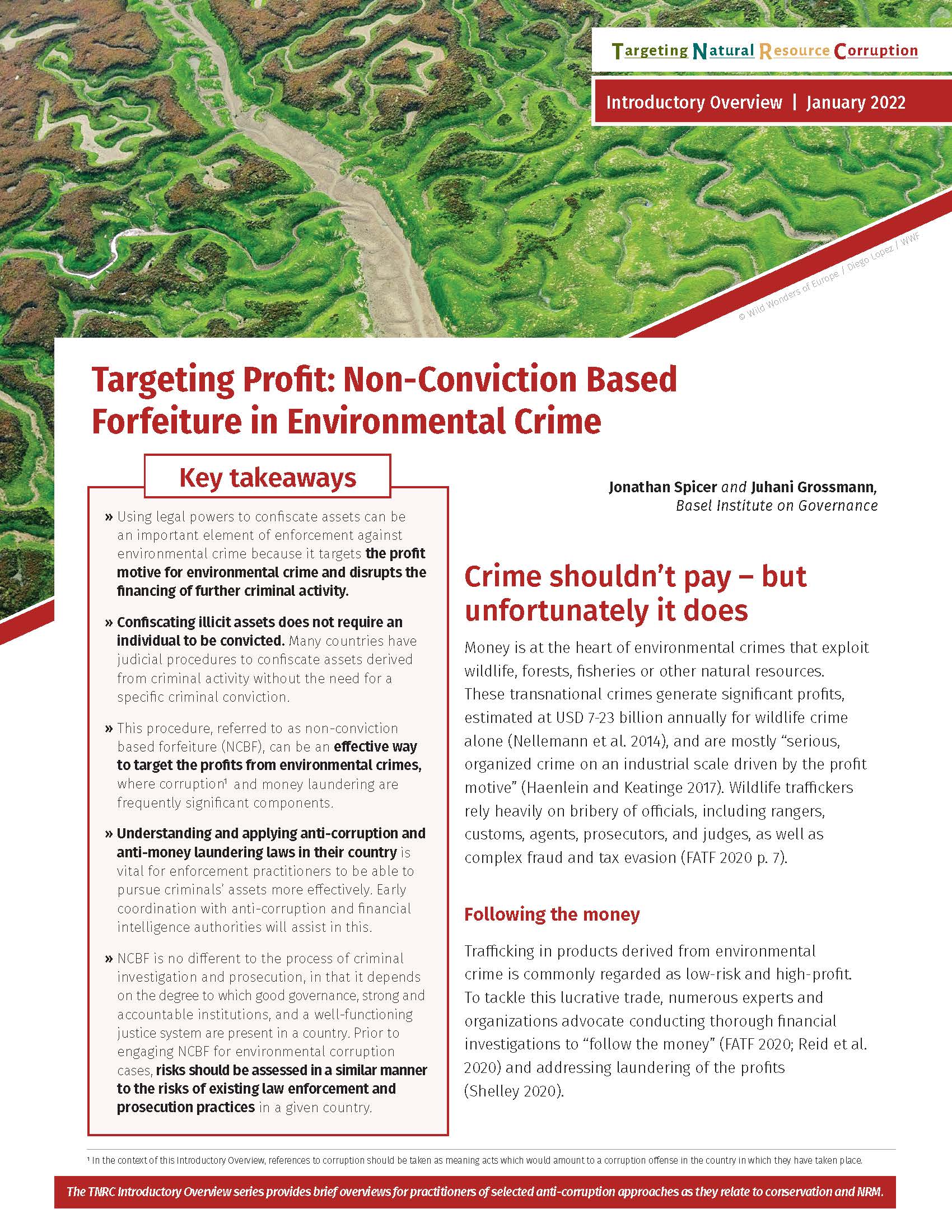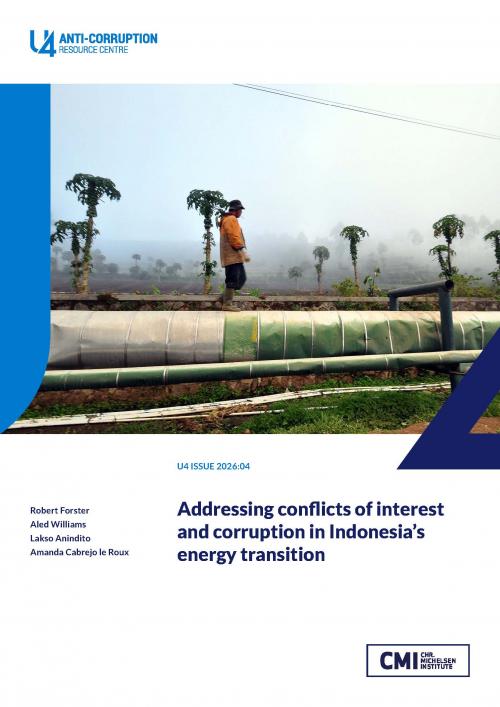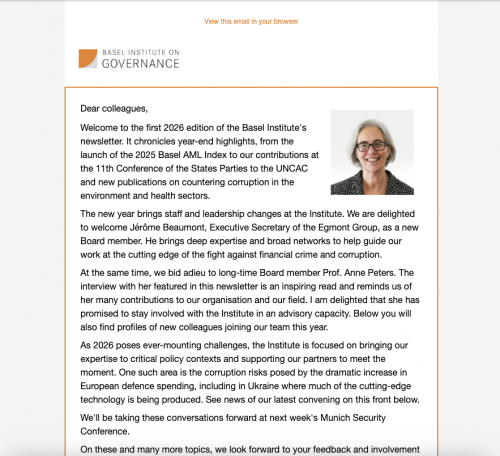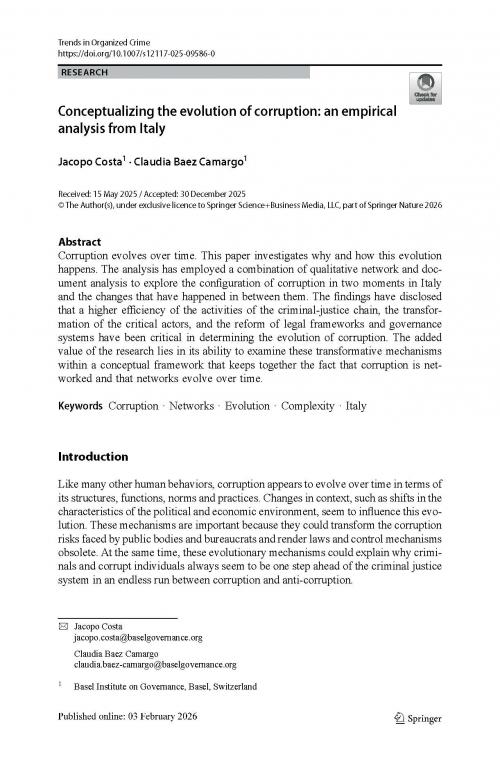Targeting Profit: Non-Conviction Based Forfeiture in Environmental Crime
Environmental criminals and their corrupt facilitators get rich by destroying our planet and its natural resources. This publication for the Targeting Natural Resource Corruption (TNRC) project explains how and why to confiscate their illicit assets – with or without a criminal conviction.
The introductory overview of asset recovery tools to tackle environmental crime was a collaboration between the Basel Institute's Green Corruption programme and International Centre for Asset Recovery. It is part of a wider research collaboration between the Basel Institute and the TNRC project consortium.
Takeaways
- Using legal powers to confiscate assets can be an important element of enforcement against environmental crime because it targets the profit motive for environmental crime and disrupts the financing of further criminal activity.
- Confiscating illicit assets does not require an individual to be convicted. Many countries have judicial procedures to confiscate assets derived from criminal activity without the need for a specific criminal conviction.
- This procedure, referred to as non-conviction based forfeiture (NCBF), can be an effective way to target the profits from environmental crimes, where corruption and money laundering are frequently significant components.
- Understanding and applying anti-corruption and anti-money laundering laws in their country is vital for enforcement practitioners to be able to pursue criminals’ assets more effectively. Early coordination with anti-corruption and financial intelligence authorities will assist in this.
- NCBF is no different to the process of criminal investigation and prosecution, in that it depends on the degree to which good governance, strong and accountable institutions, and a well-functioning justice system are present in a country. Prior to engaging NCBF for environmental corruption cases, risks should be assessed in a similar manner to the risks of existing law enforcement and prosecution practices in a given country.
About the TNRC project
The TNRC project seeks to improve biodiversity conservation outcomes by helping practitioners to address the threats posed by corruption to wildlife, fisheries and forests. TNRC harnesses existing knowledge, generates new evidence, and supports innovative policy and practice for more effective anti-corruption programming on the ground.
A USAID-funded project, TNRC is implemented by a consortium of leading organizations in anti-corruption, natural resource management, and conservation: World Wildlife Fund (WWF), the U4 Anti-Corruption Resource Centre at the Chr. Michelsen Institute, TRAFFIC, and the Terrorism, Transnational Crime and Corruption Center (TraCCC) at George Mason University.
Links and other languages




